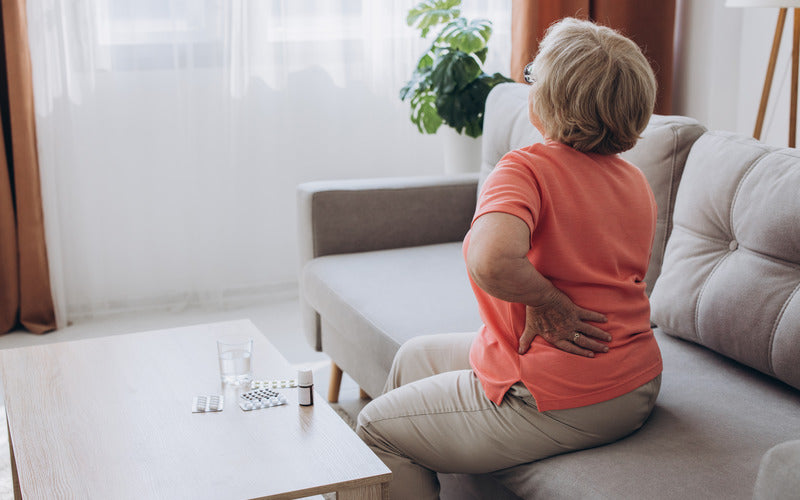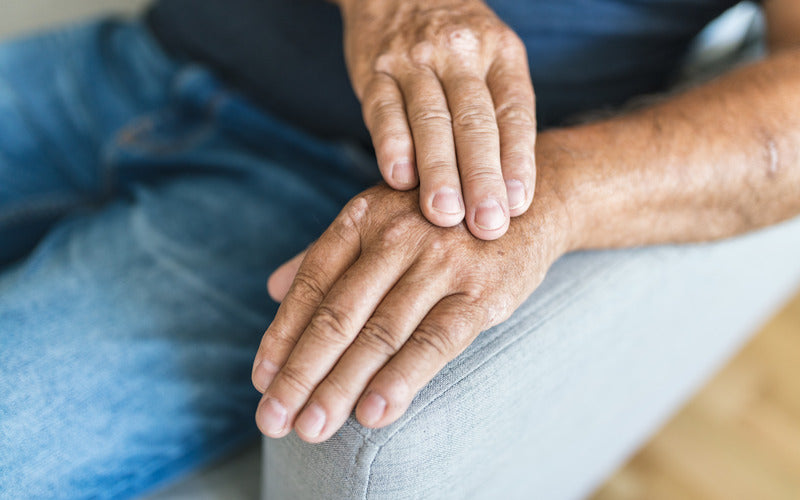Costly Mistakes to Avoid When Treating Psoriasis as a Senior
Psoriasis is a chronic skin condition that affects millions of people worldwide. Characterized by red, itchy, and scaly patches on the skin, psoriasis can be physically and emotionally challenging to deal with.
Related Topics (Sponsored Ads):
While there is no cure for psoriasis, there are numerous strategies and lifestyle changes that can help manage its symptoms and improve the overall quality of life for those affected. In this article, we will explore the best tips for dealing with psoriasis, encompassing a range of approaches from medical treatments to self-care techniques and lifestyle adjustments.
Understand Psoriasis
The first step in dealing with psoriasis is to gain a comprehensive understanding of the condition. Learning about its causes, triggers, and different types can empower individuals to make informed decisions about their treatment options. Additionally, being aware of the potential emotional impact of psoriasis can help individuals seek support and develop coping mechanisms.

Consult a Healthcare Professional
If you suspect you have psoriasis or have already been diagnosed, it is crucial to consult a dermatologist or healthcare professional with experience in treating psoriasis. A medical expert can accurately diagnose the condition, assess its severity, and recommend appropriate treatments tailored to individual needs.
Explore Medical Treatments
There is a wide range of medical treatments available for psoriasis, including topical creams, phototherapy, systemic medications, and biologic drugs. Understanding the benefits and potential side effects of each treatment option can assist individuals in making the best choices for managing their symptoms effectively.
Embrace a Healthy Diet
While no specific diet can cure psoriasis, adopting a balanced and anti-inflammatory diet can help improve overall health and potentially reduce psoriasis symptoms. Incorporating foods rich in antioxidants, omega-3 fatty acids, and vitamin D, while limiting processed foods, can have a positive impact on inflammation and the immune system.
Manage Stress
Stress is a known trigger for psoriasis flare-ups. Engaging in stress-reducing activities such as yoga, meditation, deep breathing exercises, or spending time in nature can help manage stress levels and reduce the likelihood of exacerbating psoriasis symptoms.
Avoid Triggers
Identifying and avoiding triggers that worsen psoriasis symptoms is essential for effectively managing the condition. Common triggers include stress, infections, certain medications, and weather changes. By recognizing and minimizing exposure to these triggers, individuals can reduce the frequency and severity of flare-ups.
Moisturize Regularly
Keeping the skin well-hydrated is crucial for individuals with psoriasis. Regularly applying moisturizers helps soothe dryness and itching, preventing the skin from becoming overly irritated and reducing the likelihood of flare-ups.
Sun Protection
While moderate sunlight can be beneficial for psoriasis, excessive exposure can trigger flare-ups and worsen the condition. It is essential to protect the skin from prolonged sun exposure using sunscreen, protective clothing, and staying in the shade during peak sun hours.
Avoid Smoking and Alcohol
Smoking and excessive alcohol consumption have been linked to more severe psoriasis symptoms. Quitting smoking and moderating alcohol intake can lead to improvements in both skin and overall health.
Engage in Regular Exercise
Exercise has numerous benefits for people with psoriasis. It helps maintain a healthy weight, reduces stress, improves blood circulation, and promotes a stronger immune system. Low-impact exercises like swimming and yoga are particularly beneficial for individuals with joint involvement.
Join Support Groups
Living with psoriasis can be emotionally challenging, and connecting with others who share similar experiences can provide valuable support. Joining psoriasis support groups, whether in-person or online, can create a sense of community and allow individuals to share tips and coping strategies.
Conclusion
A beautiful smile is a powerful asset that boosts self-confidence and enhances one's overall appearance. For individuals seeking to improve their smiles, orthodontic treatments offer effective solutions. Traditional braces and Invisalign are two popular options designed to align teeth and correct various orthodontic issues.




